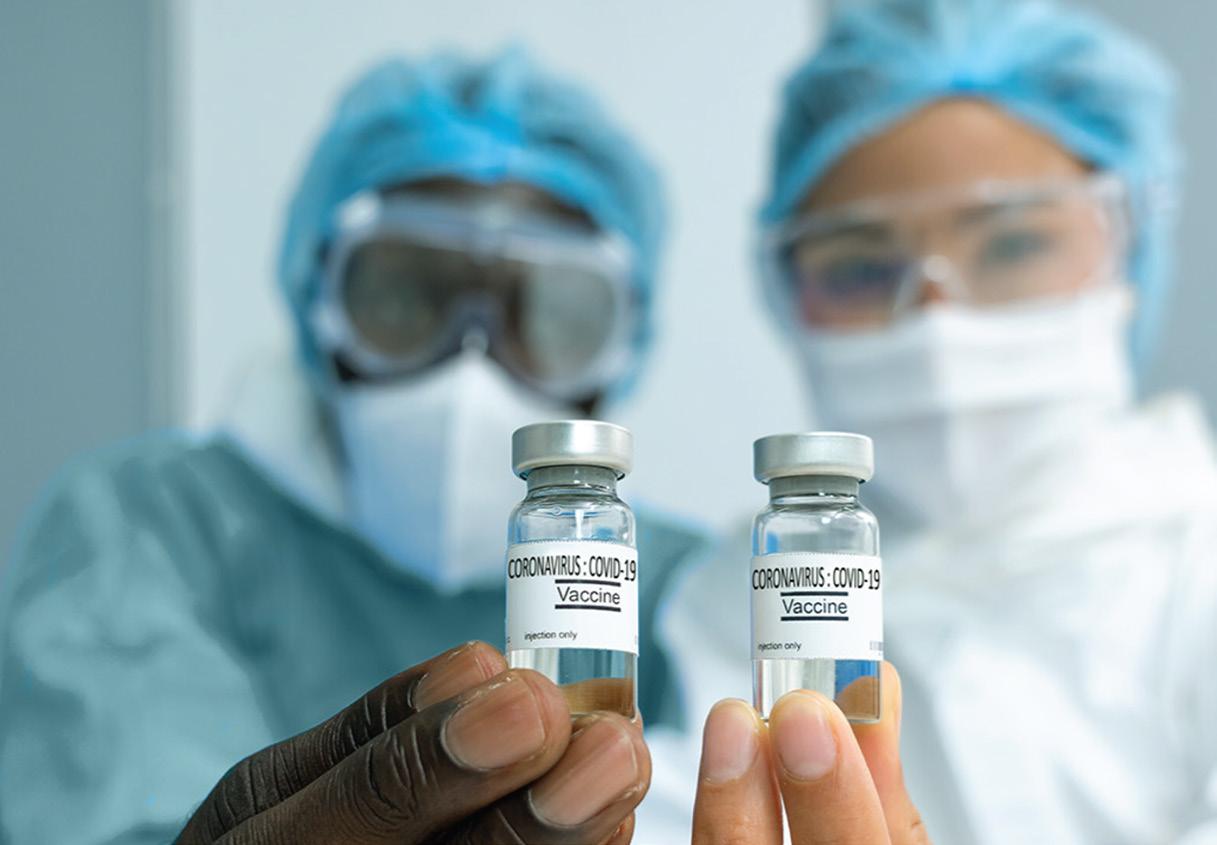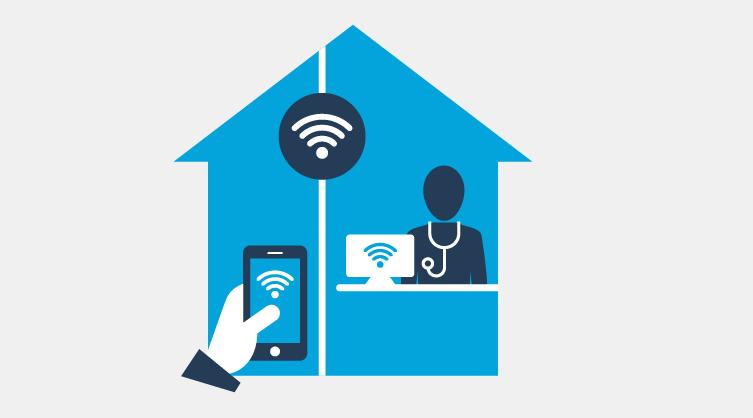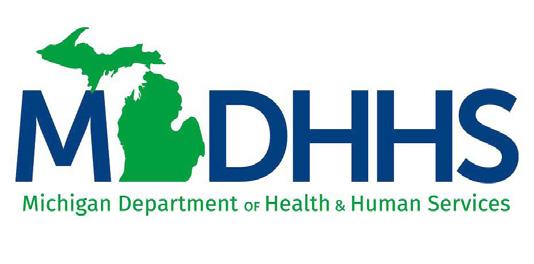MDHHS NEWS
MDHHS ANNOUNCES HEPATITIS C ELIMINATION PLAN AND WE TREAT HEP C INITIATIVE
The Michigan Department of Health and Human Services (MDHHS) is excited to announce the release of the state’s Hepatitis C Elimination Plan and launch of the We Treat Hep C Initiative, effective April 1, 2021. A core component of Michigan’s HCV elimination strategy is to promote universal HCV testing for all adults. The Centers for Disease Control and Prevention (CDC) recommends that all adults ages 18 and older should be tested for HCV at least once in a lifetime, and all women should be tested for HCV during each pregnancy. The We Treat Hep C Initiative aims to make curative hepatitis C treatment more accessible by removing barriers to prescribing. Through this initiative, MDHHS has entered into an agreement with AbbVie, the manufacturer of the HCV direct-acting antiviral MAVYRET ®, to make treatment available to all Medicaid and Healthy Michigan Plan beneficiaries. Starting April 1, Michigan Medicaid is removing prior authorization requirements for the preferred HCV medication, MAVYRET®. The success of the We Treat Hep C Initiative will be directly tied to the state’s clinical community treating patients impacted by HCV. MDHHS is partnering with Wayne State University’s Midwest AIDS Training and Education Center to develop curricula and trainings for interested clinicians. Furthermore, MDHHS is contracting with Henry Ford Health System to maintain an HCV clinical consultation line to provide peer-to-peer advice to clinicians in the process of evaluating and treating their patients for HCV (313-575-0332, Monday – Friday 8 a.m. – 5 p.m., or online). For more information, updates, and resources, please visit www.Mi.gov/WeTreatHepC or contact the MDHHS Viral Hepatitis Unit at MDHHS-Hepatitis@michigan.gov.
MICHIGAN SUICIDE PREVENTION COMMISSION REPORT MAKES LOWERING SUICIDE RATE A PRIORITY, OFFERS RECOMMENDATIONS
With someone dying by suicide every six hours in the state, the Michigan Department of Health and Human Services (MDHHS) is releasing a report that makes recommendations on how to reduce the suicide rate. The Michigan Suicide Prevention Commission Initial Report is from a group appointed by Gov. Gretchen Whitmer in March 2020. “In Michigan, anyone who needs help should be able to get it,” said Gov. Whitmer. “This task force will do critical work to collect data, expand resources, and implement best practices so we
can save lives. We must work together to reduce suicide rates in Michigan and make sure that everyone knows that it’s OK to not be OK and help is always here.” The recommendations address the commission priorities of: • Minimizing risk for suicidal behavior by promoting safe environments, resiliency and connectedness. • Increasing and expanding access to care to support Michiganders who are at-risk. • Improving suicide prevention training and education. • Implementing best practices in suicide prevention for health care systems. • Enhancing suicide-specific data collection and systems. The first section in the report highlights in-depth data regarding the burden of suicide within the state, identified risk factors and populations at greater risk for death by suicide. The second section includes the Michigan Suicide Prevention Commission initial priorities and recommendations as a comprehensive approach to reduce suicide attempts and deaths. The commission has been charged to work with state departments, nonprofit organizations and universities to research the causes and possible underlying factors of suicide in the state. Provisional 2020 data for Michigan shows 1,282 suicide deaths. That number is expected to increase as more suicide reports are finalized. In 2019 there were 1,471 suicides in Michigan. Suicide is the 10th leading cause of death in Michigan. The report notes that MDHHS has taken steps to address mental health issues that could be worsened by the COVID-19 pandemic. This has included providing mental health and substance use services, as well as emotional support resources. These resources can be found at www.michigan.gov/StayWell. More research is needed to understand the long-term effects of how the pandemic is affecting mental health, who is at greater risk and how emerging risks can be counteracted, the report says. Efforts will continue to establish resources and streamline access to services and supports, with an understanding that they will need to be sustained throughout the pandemic and beyond, the report says. Anyone who needs help can call the National Suicide Prevention Lifeline 24 hours a day, seven days a week, at 1-800-2738255 or 1-800-273-TALK. Press 1 for the Veterans Crisis Line. Anyone under age 21 can ask to talk to a peer at Teen Link, 1-866-833-6546.
Macomb Medicus | April/May/June 2021 11









